Examination Pattern
1. Assessment Pattern
Assessment of the students‟ performance is made on the basis of the knowledge, skills and competencies for the course as defined in the curriculum. The assessment of students' performance in course work during and/or at the conclusion of a programme has to be done in the examinations. In general, an examination addresses different objectives, like achievement-testing, prediction-testing, endurance-testing, creativity-testing and testing for ranking.
The Regulations given below enable the Autonomous Colleges to achieve this goal and gain the confidence and respect of the stake holders, particularly students. Typically achievement- testing is done in two parts as follows, both of them being important in assessing a student's achievement.
Evaluation of UG & PG programmes is based on both Continuous Internal Assessment (CIA), held twice in the course of the semester at pre-determined intervals and the End Semester Examination (SEE) held at the end of each Semester.
3.1 Sessional / Continuous Internal Assessment (CIA ), to be conducted by the course teacher all through the semester. This includes mid-term tests, weekly/ fortnightly class tests, homework assignments, problem solving, group discussions, quiz, seminar, mini-project and other means.
The Internal Assessment marks shall be awarded as per the academic regulations of the individual programme. The Internal Assessment marks shall be submitted to the Controller of Examinations at the end of each academic session before the commencement of the Semester End Examinations in the prescribed form or upload in specified link provided by the COE.
3.2 Terminal, covering Semester End Examinations (SEE)
A comprehensive examination for each course, irrespective of the number of credits allotted to it, will be held at the end of each semester. SEE shall be conducted by the Examination Committee at the end of a semester, on dates to be fixed at the College level. This includes a written examination for theory courses and practical/design examination with built-in oral part for laboratory/design courses.
The eligibility of a student to write the End Semester Examination is based on :
The objectives of the committee
- Minimum Attendance Requirement (refer Course Requirement)
- Minimum CA requirement (refer Continuous Assessment)
- Payment of the prescribed examination fee, for courses for which he/she has registered.
Both CIA and SEE being equally important in judging the coursework performance of students, they need to be conducted with equal rigour and equal seriousness in the credit system. A student's performance in coursework shall be judged by taking into account the results of both CIA and SEE individually and also together by giving below mentioned weightage for them. This practice is followed for all courses offered and for all programmes.
3.3 EVALUATION / ASSESSMENT PATTERN
- A continuous internal assessment (CIA) (for 30 marks) by the concerned Course teacher as well as by an end of semester examination (for 70 marks) will be consolidated at the end of the course for 100 marks.
- Passing minimum for end of semester exam will be 40% out of 70 marks (i.e.,28 marks). Passing minimum for Internal Examination will be 40% out of 30 marks (i.e., 12 marks).
- Internal Assessment component for 30 marks shall be split into following pattern. Two Mid exams are conducted for each semester for UG students in order to make them ready to write semester end exam confidently.
The mid examinations are of descriptive in nature will be conducted for 50 marks each. However, the marks will be reduced to 15. The best of the two mid examinations will be reckoned in the final count.
| Sl. No | Assessment pattern | Evaluation method | Marks Allotted | |
|
1 a |
I Mid term |
Conducted for 50 marks |
Best of 1a and 1b. Proportionately reduced for 15 marks |
15 |
|
1 b |
II Mid term |
Conducted for 50 marks |
||
|
2 |
Seminar/Assignment |
Submission of Records |
05 |
|
|
3 |
Area Study Programme/ Study Project |
Submission of Records |
05 |
|
|
4 |
Attendance |
5 |
||
|
Total |
30 |
|||
Students are expected to take all the assessment units administered to them. The assessment units carry equal weightage. Students should write at least one CIA test in order to qualify to write the End Semester Examination.
There will be no provision for additional tests on grounds of absence. However, students who were unable to take tests on the specified test days due to participation in college sponsored activities like NCC and NSS will be permitted to complete the course requirement before the commencement of the End Semester Examinations. They should state the reasons for not taking the test in writing to the Lecturer in-charge of the Department as well as to the course teacher. Permission to take the re-test should be obtained from the Controller of Examinations, a week before the CA test schedule.
A student will be permitted to take the End Semester Examination only if he/she has completed the Continuous Assessment requirements of test / assignments / seminars / project work, etc. However, on special grounds they are allowed on next academic year by paying due fine prescribed by the Controller of the Examinations.
2. Conduction of Examinations:
Semester End Examinations for theory papers
CoE and the Examination conduction Committee shall be responsible for smooth and proper conduct of examination in the College. CoE shall -
- Give the directions to College Examination Coordinator (CEC) for smooth conduct of examination.
- Prepare the master plan for seating arrangement, by taking into considerations the total number of students appearing for the examination and seating arrangement available in the College.
- Get the examination schedule prepared for the entire programme and send the copy of the same to all Heads of the Department and CEC.
- Receive the requirements of answer books, supplements, drawing sheets, graph papers and other material from CEC and keep it ready centrally for distributing to students during examinations. A record of the same shall be maintained.
- Receive the cases of misbehavior, malpractices, copying cases from CEC for taking further necessary action.
- Receive the list of external examiners (for conducting practical examinations) for various courses from Heads of the Department for record purpose.
- Seating arrangement shall be made centrally as per the master plan for seating arrangement.
7. Semester End Examination for Lab courses
Semester End Examination for lab shall be conducted as per the examination schedule approved by EC. However in case of any emergency, the examination may be rescheduled with the prior approval of CoEs. College Examination Coordinator (CEC) shall act as coordinator for conducting practical examinations.
- CEC /Lecturer in-charge of the concerned department shall be responsible for proper conduct of practical examinations and various examination related activities of the concerned department. However, Lecturer in-charge shall take the services of staff of his/her Department for this purpose.
- CEC in consultation with Lecturer in-charge and CoE shall prepare detailed timetable (batch-wise) for the lab examination of the concerned department.
- The Lecturer in-charge shall submit the schedule and final list of examiners for all lab examinations to exam cell. Based on the list of examiners received from Lecturer in- charge, CoE shall issue the appointment orders.
- For external evaluation of UG project and PG project in practicals, external examiner outside the college is mandatory.
- Appointments of the external examiners for semester end evaluation of Practicals shall be done only for Even semesters for UG Courses. Whereas, for PG Courses external examiners are appointed for both odd and even semesters from the list of Examiners recommended by BoS of the respective departments
- Lecturer in-charge of concerned department shall send the required panels of external examiners for UG and PG projects to the exam cell. The appointment orders of internal and external examiner shall be issued by CoE/Convener of Examination Committee.
- Lecturer in-charge of the concerned department shall appoint internal staff for lab examination and forward the copy of the same to the CoE.
- Internal examiners shall make all the necessary arrangements of equipment/laboratory setup required for conducting lab examination of the courses for which their appointment is made.
- After the lab examination of the course is over, internal examiner along with the other examiner shall prepare the mark list, and submit it in sealed envelope to exam cell on the same day or latest by the next working day along with TA/DA and remuneration bills. These marks are not to be disclosed to the students.
8. Assessment of Self-study course, Internship, Employability skills and Projects:
- Evaluation of Practicals, self-study course, Internship, Employability skills and projects shall be conducted as per the schedule approved by EC.
- The student is evaluated for his/her self-study course or project through the quality of work carried out, the novelty in the concept, the report submitted and presentation(s) etc.
- Appointments of the external examiners for semester end evaluation of project shall be issued by CoE based on the recommendations from BoS. Examination Committee shall prepare detailed timetable (batch-wise/student-wise) for the project examination and coordinate the conduct of the same.
9. Scribes for Disabled Candidates
- Students who have identified themselves as students with disability should submit a written request to the Convener of Examination Committee three weeks before the commencement of SEE for scribe assistance. The facility of Scribe/Reader/Lab Assistant may be allowed to any person who has disability of 40% of more if so desired by the person. Such candidates may be given compensatory time of one hour for examination of 3 hours duration.
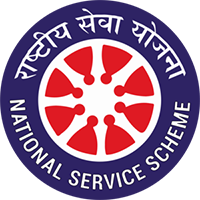

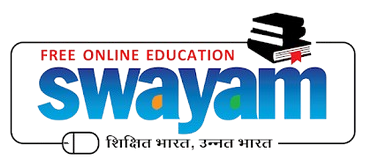







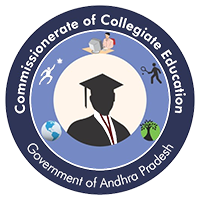

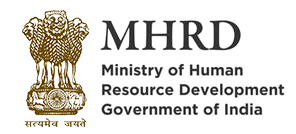


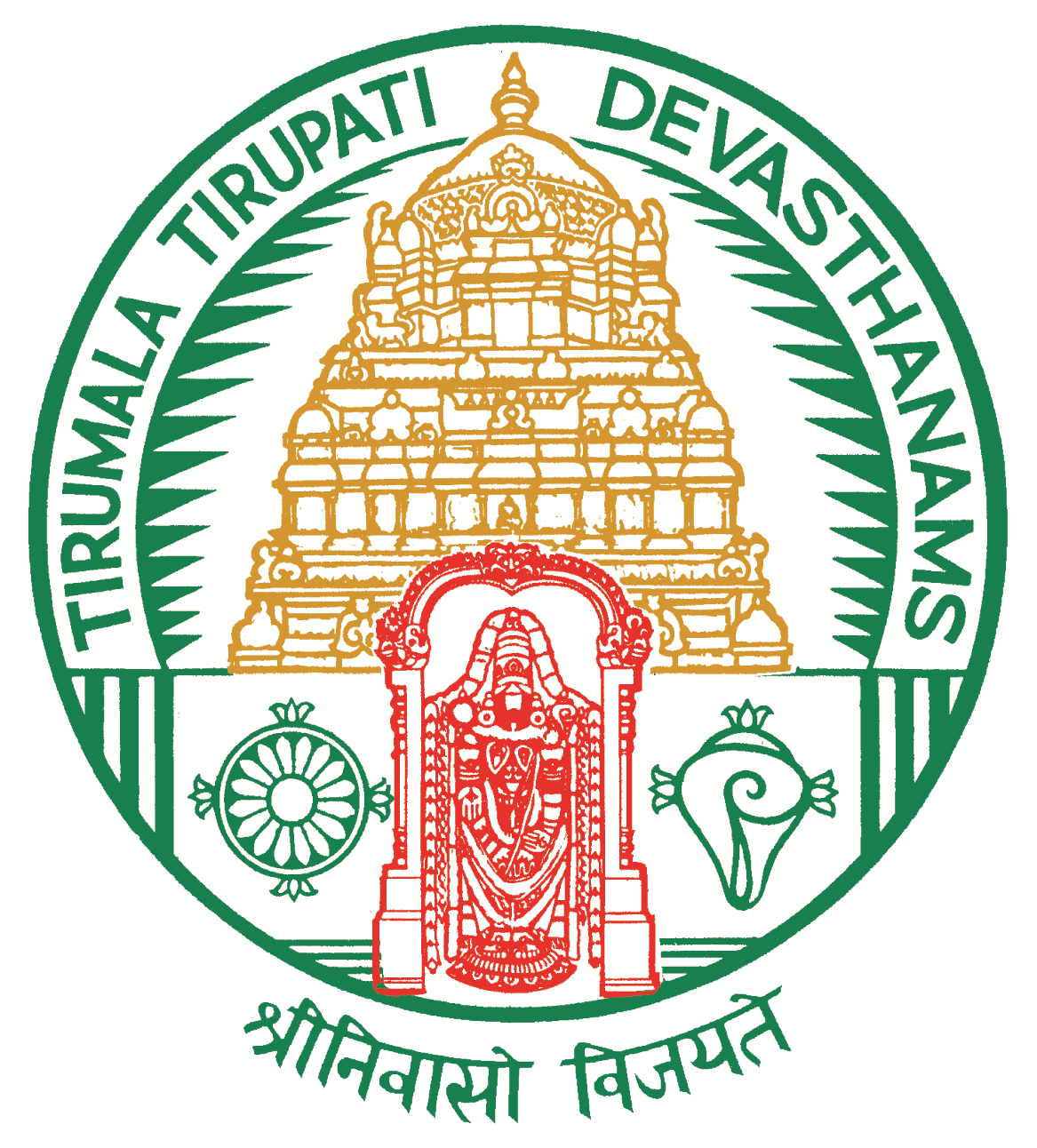


Notifications
I & 4 Semester Mid Examinations Time Table
I Year I Semeste End Examination Fee Notificaton 2025-2026
I Year I & II Semester Academic Schedule 2025-2026
II YEAR III SEMESTER REVALUATION RESULTS NOVEMBER 2025 RELEASED ON 03-01-2026
2 YEAR 3 SEMESTER END EXAMINATION TIME TABLE NOV 2025